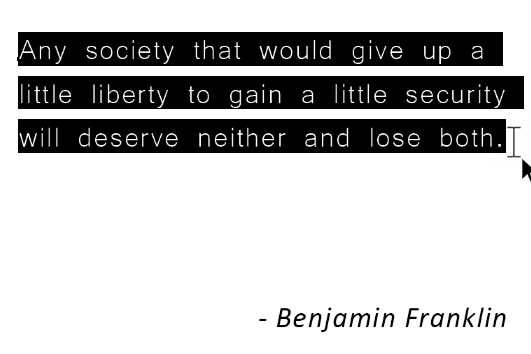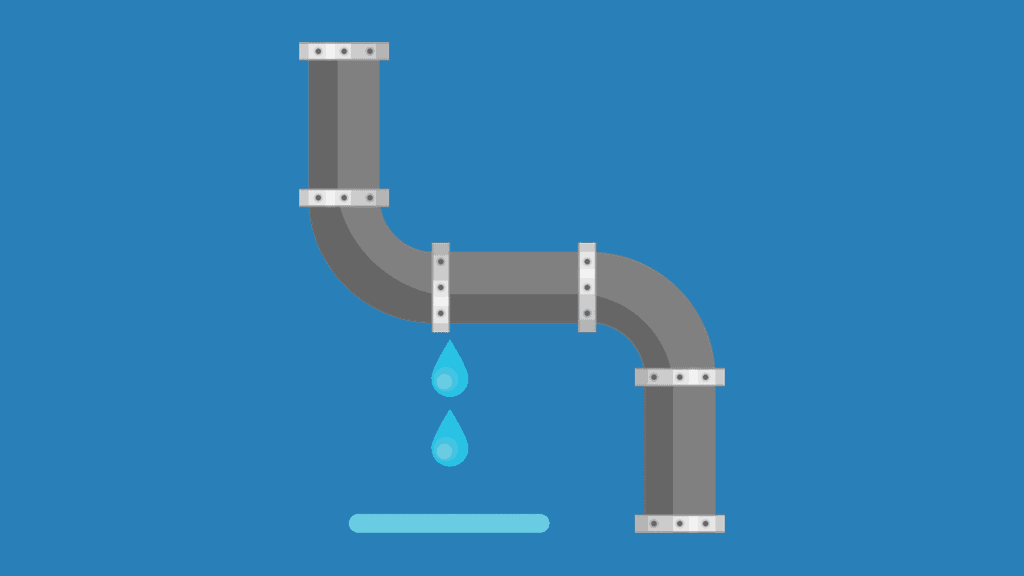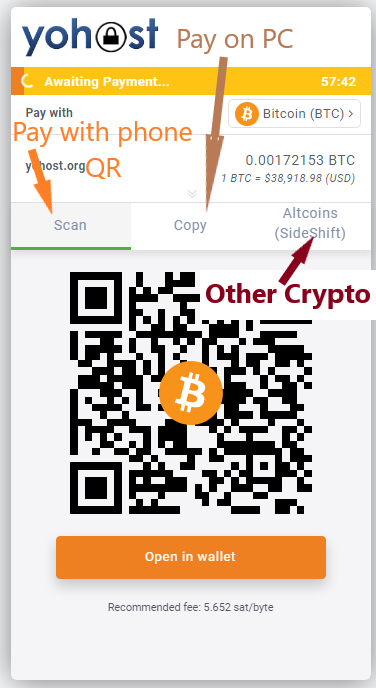Back into the past
It has been about 15 years ago when the term “private domain registration” was introduced to the Internet for the first time. And we, at yohost.org can proudly say that we have been among pioneers, such companies like Katz Global and Shinjiru. We are not afraid to name our competitors because we do not think of them as competitors but companies who helped to bring attention to privacy matters and provided needed solutions. So, we pay respect to them.
Today, private domain registration is a common thing but 15 years ago it was common to type domain name in whois and find all personal information about the owner, like name, address, phone, e-mail. And that information was REAL. Malicious use of this data was very rare at that time but things changed.
Risks of public domain registration
Today, if you do not protect your personal information with privacy protection, you are risking to get bombarded with tons of spam emails and phone calls. And these are the most harmless things which can happen. If you are a public person, you can get harassed or social engineering techniques can be tested against you. If you are running a project for human rights, freedom of speech, expose unlawful behavior of authorities, one can be even in greater danger with the domain name registered publicly. As we said before, public domain registration makes your personal data visible to everybody.
Any private registration is good?
Not at all. We would say that there are registrars who specializes in private or anonymous domain registrations and there are registrars who does not care much about your privacy, it’s just marketing for them – a way to grab more customers. They do offer privacy protection of your domain’s whois but in case something goes wrong (for example, they receive a third-party complaint), they can instantly disable privacy protection and expose your personal information to everybody on the Internet without you even knowing. So, the best registrars not only offer privacy protection but also does not request your personal information during registration. They will use their corporate information for domain registration on your behalf.
To whom belongs privately registered domain?
Legit question. And we will be honest here. Since domain is registered to the corporate entity of the registrar, domain legally belongs to this entity. That’s why you should choose carefully for your registrar of private domain. Select one with good track record and one you can trust. There are numerous amount of registrars on our memory who disappeared or stopped their operations without letting their customer to keep their domain names.
Way of payments for private domains
There are several payment options which private registrars can accept. It makes no sense when you want to keep your privacy at priority and pay with a regular credit card. Yes, you did not provide any info during registration but then during payment you entered your card details including full name, address and phone number. Payment providers share this info with their merchants.
The best way of payment would be either cryptocurrency (like Bitcoin) or a Visa gift card. When you pay with Bitcoin, merchant can see from which wallet address the payment was sent, but he cannot link this address to an identity. How to get Bitcoin and pay with it for private domain you can read in this article.
As to VISA gift card, this can be purchased at many retailers but some of them have restrictions where you can spend it. For example, some card bought in the USA can be spent only with U.S. merchants. Of course, most private domain registrars are not located in the U.S. You will need to know terms of use in advance.

















